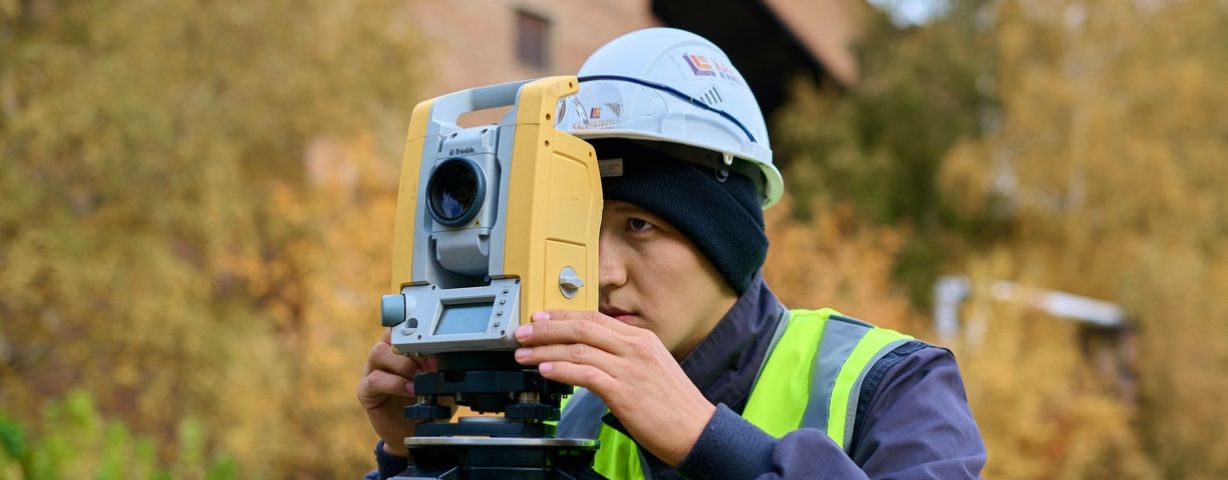Organization and implementation of engineering and geodetic surveys, engineering and geological, including geophysical research and microseismic monitoring, engineering and hydrometeorological surveys, engineering and environmental surveys, including historical, cultural and archaeological research, are an important component of the stage of preparation of design documentation for the construction of facilities for various purposes. These surveys allow us to determine the features of the geological structure, hydrological conditions, climatic features, as well as the level of impact of anthropogenic factors on the environment. Systematization and analysis of the obtained data serve as the basis for developing design solutions, selecting materials, determining the stability and safety of future structures, as well as for assessing the potential impact of construction work on the nature and historical and cultural heritage of the region.
During engineering surveys, information is collected on the current state of the territories, which allows predicting possible natural and man-made threats. Particular attention is paid to environmental assessments, during which potential consequences for ecosystems are analyzed, measures to minimize negative impacts are determined, and proposals for environmental protection are developed. In addition, historical, cultural, and archaeological research plays a key role in ensuring the preservation of cultural heritage, which is especially important during construction in historical and archaeological zones.
Based on the collected data, a detailed report is compiled, which is a mandatory element for passing the examination, as well as for developing plans for the development of territories taking into account all environmental, social and cultural factors. The results of the surveys help to increase the accuracy of design calculations, optimize consumables and construction times, and ensure maximum safety of the operation of facilities.
